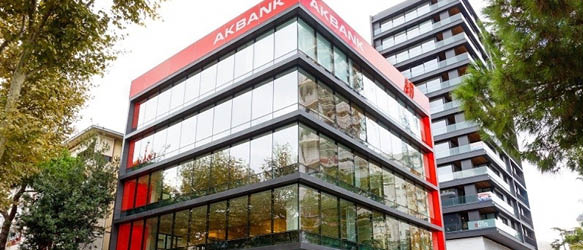Since its initial launch in 2013, Greece’s Golden Visa program has proven to be one of Europe’s most enduring residency-by-investment initiatives. Over the years, it has continuously adapted to shifting economic conditions, investment landscapes, and EU-level scrutiny. Drakopoulos Senior Associate and Head of Immigration Angie Alevizou takes a closer look at its evolution, outcomes, potential future changes, legal challenges, and competitiveness going forward.
Origins and Impact
Greece initially established the Golden Visa as a property-focused scheme, but it has since broadened to include multiple avenues of investment and adjusted its thresholds to align with various regions in the country. This shift from a narrow property focus to a diversified investment approach set the stage for a broader impact on both the market and the nation’s economic strategy.
“Greece’s Golden Visa program, initially launched in 2013 exclusively for property owners, has undergone significant changes to adapt to the evolving economic and political landscape,” Alevizou begins. “The program, which originally required a minimum threshold of EUR 250,000 to purchase a property, has proven to be very attractive to foreign investors; over the past decade, higher thresholds have been introduced in popular regions such as Attica and the islands of Mykonos and Santorini.”
According to Alevizou, the program now features a dual zone system for real estate investments, with a threshold of EUR 800,000 in the areas of Attica, Thessaloniki, Mykonos, Santorini, and islands with a population exceeding 3,100, while a “lower threshold of EUR 400,000 applies to all other regions. In addition, the scope of the program has expanded beyond real estate, now encompassing other forms of investment, such as capital contributions to Greek companies, banking products, government bonds, and the recently introduced innovative start-up investment option.”
The wide-ranging expansions, especially in property investment, have led to significant economic gains for Greece, with real estate, construction, and other related sectors benefitting from billions in foreign capital inflows. All of this delivered measurable benefits to Greece’s economy.
“The key outcomes of Greece’s Golden Visa program have been noteworthy, particularly in terms of foreign investment, property development, and economic impact,” Alevizou continues. “Since its launch, the program has drawn billions of euros in foreign capital investment, strengthening Greece’s position as an attractive destination for global investors seeking European residency. This investment influx has contributed to the country’s economic stability by strengthening the real estate and construction sectors, generating employment opportunities, and increasing tax revenues.”
Adjustments and Challenges
European oversight on Golden Visa programs has been ramping up, prompting periodic revisions to Greece’s own thresholds and eligibility criteria to ensure continued compliance and attract high-value investments. Amid tightening EU regulations, policymakers have been compelled to rethink and recalibrate the program’s framework.
“In light of ongoing changes in European migration and investment policies, Greece’s Golden Visa program may encounter further adjustments in the near future,” Alevizou says. “The European Commission has increased scrutiny and compliance regarding Golden Visa schemes due to concerns over security risks, corruption, and tax evasion. While many countries, including Spain, have revised or even abolished Golden Visa schemes, Greece has proactively responded by increasing the investment thresholds in September 2024.” However, Alevizou indicates that further reforms may be anticipated in the near future.
The popularity of the scheme has at times inflated real estate prices, raising concerns about affordability for locals. Greece has balanced these concerns by tweaking its program, and directing investors’ capital into other instruments as well. Still, while these regulatory adjustments aim to enhance program integrity, they have also ignited concerns about the local housing market’s affordability.
“The significant increase in foreign property purchases has led to notable price increases in the Greek property market, making housing less affordable for residents. In response to the distortions in the housing market and EU concerns regarding investment-based programs, Greece has increased investment thresholds for real estate and introduced new forms of investment, such as capital contributions to Greek companies, banking products, and government bonds, thereby redirecting investors towards other financial opportunities,” Alevizou explains.
Maintaining Competitiveness in the Face of Global Changes
Even as many nations roll back their Golden Visa schemes, Greece continues to adapt rather than retreat in contrast to the trend of retrenchment. Indeed, the country’s location and lifestyle advantages may reinforce the country’s appeal to investors seeking a foothold in Europe.
“While other countries have tightened or abolished their respective Golden Visa programs, Greece has taken a different approach by making adjustments to its own program,” Alevizou says in conclusion. “In addition to financial incentives, Greece’s strategic location provides access to both European and global markets, and the high quality of life is expected to sustain the country’s competitiveness as a Golden Visa destination.”
This article was originally published in Issue 12.2 of the CEE Legal Matters Magazine. If you would like to receive a hard copy of the magazine, you can subscribe here.

















